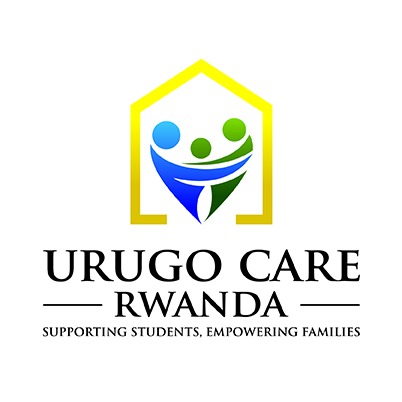Community is very important in Rwanda both for the social benefits and also for the development of the country. Many aspects of governance, improvement, and security are built upon the foundation of relationships between neighbors. It is clear that Rwandans are focused on growing and developing through means that benefit more than just the individual, bringing the neighbor along, too.
Each village in Rwanda elects local leaders for these main positions: chief, security, development, social affairs, and communication/information. There are additional leaders in sub-positions focused on different issues or categories of village people (youth, women, etc.). Most of these are voluntary positions and a way to serve others in the village. These leaders help to organize other citizens for gatherings of celebration and also when there are issues that need to be addressed.
On the last Saturday of each month, an activity called “umuganda” occurs where citizens are required to join in community work with their neighbors, doing projects that often benefit many including such things as repairing roads, developing erosion control, planting trees, cleaning the streets, or building a house for a vulnerable person. After the shared work in the morning hours, the village gathers in the early afternoon for a meeting with the leaders where they can share important information that needs to be distributed from upper levels of government as well as spend time mediating conflicts or difficult situations between neighbors.
From the youth to the older people, gathering together is important for sharing values and instruction. There are times when people come together to give an opportunity for the older ones to teach the younger ones values about working, depending on yourself and not begging, cleanliness that starts with the individual, and other good behavior. They can also share stories and proverbs that have been passed down through generations that can instruct and give important lessons.
The women in a village meet sometimes to support each other and know where there are problems and when to help. They can teach the young women how to behave well, keep a household clean, receive visitors and practice hospitality…and many other things like finding a good husband! The leader will also follow-up on the health of women especially those who are pregnant, making sure they are staying healthy and supported. This gathering of women encourages them to be open and honest.
These connections within a community are also needed for development and employment opportunities. Saving cooperatives are often created among trusted neighbors where they can bring their money together in a way that all will benefit. They can only do this well when there are people of the same spirit and who already have a foundation of friendship and trust.
All of these are examples of how important community is in Rwanda. In knowing each other and how each lives their daily life, they are able to help each other in finding solutions to problems and creating more security for all. It is significant that this begins at the local village level and promotes involvement through self-motivation. Neighbors organize themselves for local improvements and have pride in what they are able to build together. They become responsible for protecting their own security. They encourage one another to not wait for someone to come from far away to make things better but strive to make their own efforts for improvement…together as a community.
Hannah Ingram
Interim Executive Director & Program Director
Urugo Care Rwanda

